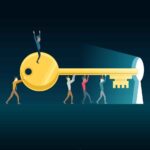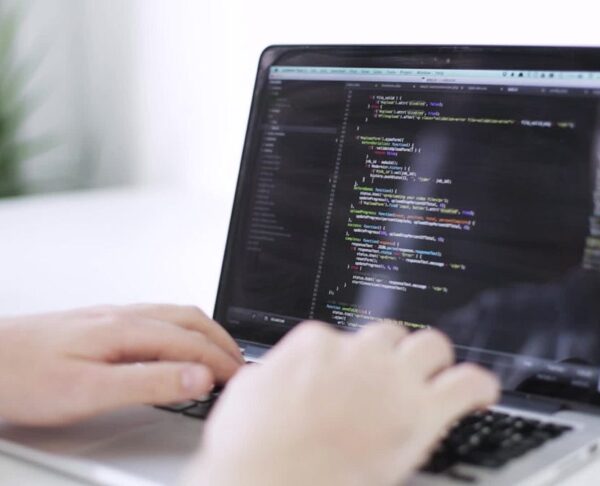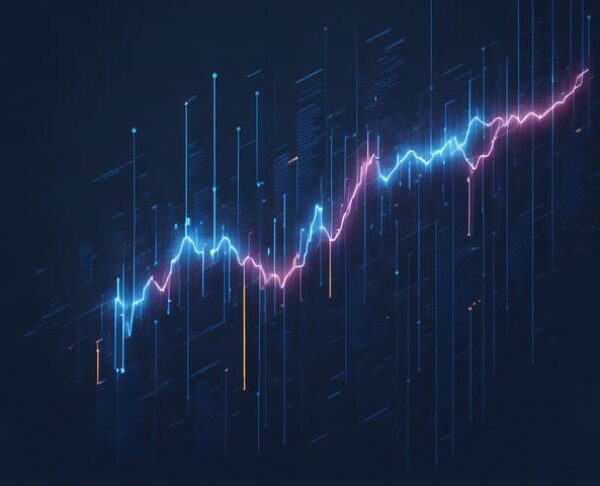Introduction
Education is the key to unlocking the full potential of individuals and societies. It is a fundamental human right and a powerful tool for personal and societal development. In this blog, we will explore the significance of education, its impact on individuals and communities, and the evolving landscape of education in the 21st century.
The Power of Education
-
- Individual Empowerment: Education empowers individuals by equipping them with knowledge, skills, and critical thinking abilities. It opens doors to opportunities, enabling people to pursue their passions and dreams. A well-rounded education not only prepares individuals for careers but also for life, fostering personal growth and self-discovery.
- Economic Prosperity: Education is a catalyst for economic growth. A well-educated workforce is essential for innovation, productivity, and competitiveness in today’s global economy. When people are educated, they are more likely to secure better jobs, earn higher incomes, and contribute to the economic development of their communities.
- Social Cohesion: Education plays a pivotal role in fostering social cohesion and reducing inequalities. It promotes understanding, tolerance, and respect for diverse cultures and perspectives. By providing equal educational opportunities to all, societies can work towards a more inclusive and just future.
- Problem Solving and Innovation: Education nurtures problem-solving skills and encourages innovation. It equips individuals with the tools to address complex challenges, from climate change to healthcare, and find creative solutions that benefit humanity.
The Changing Landscape of Education
-
- Technology-Driven Learning: The digital age has revolutionized education. Online learning platforms, interactive apps, and virtual classrooms have made education more accessible than ever before. Technology allows students to learn at their own pace and engage with a global community of learners.
- Personalized Learning: Education is becoming more personalized, catering to individual learning styles and needs. Adaptive learning algorithms and data analytics help educators tailor their teaching methods, ensuring that each student can reach their full potential.
- Lifelong Learning: Lifelong learning is gaining importance in a rapidly changing world. The skills and knowledge acquired in formal education may become obsolete over time. Therefore, individuals must embrace continuous learning to stay relevant in their careers and personal lives.
- Global Education: Globalization has made the world more interconnected than ever. International collaborations and exchange programs enable students to gain a global perspective, fostering cross-cultural understanding and preparing them for a diverse and interconnected world.
Challenges in Education
While education has made significant progress, it still faces several challenges:
-
- Access Inequality: Disparities in access to quality education persist, particularly in low-income regions and marginalized communities.
- Technology Gaps: The digital divide can exacerbate educational inequalities, as not everyone has equal access to technology and the internet.
- Teacher Training: Equipping educators with the skills to adapt to new teaching methods and technologies is crucial for the success of modern education.
- Mental Health: The pressure and expectations associated with education can take a toll on students’ mental health. Addressing this issue is vital for the overall well-being of learners.
Conclusion
Education is a powerful force for personal growth, economic development, social cohesion, and innovation. As we navigate the complexities of the 21st century, it is essential to prioritize and invest in education. By addressing the challenges and embracing the opportunities presented by technology and changing pedagogical approaches, we can empower individuals and societies to thrive in an ever-evolving world. Education is not just a means to an end; it is a lifelong journey of discovery and empowerment.






